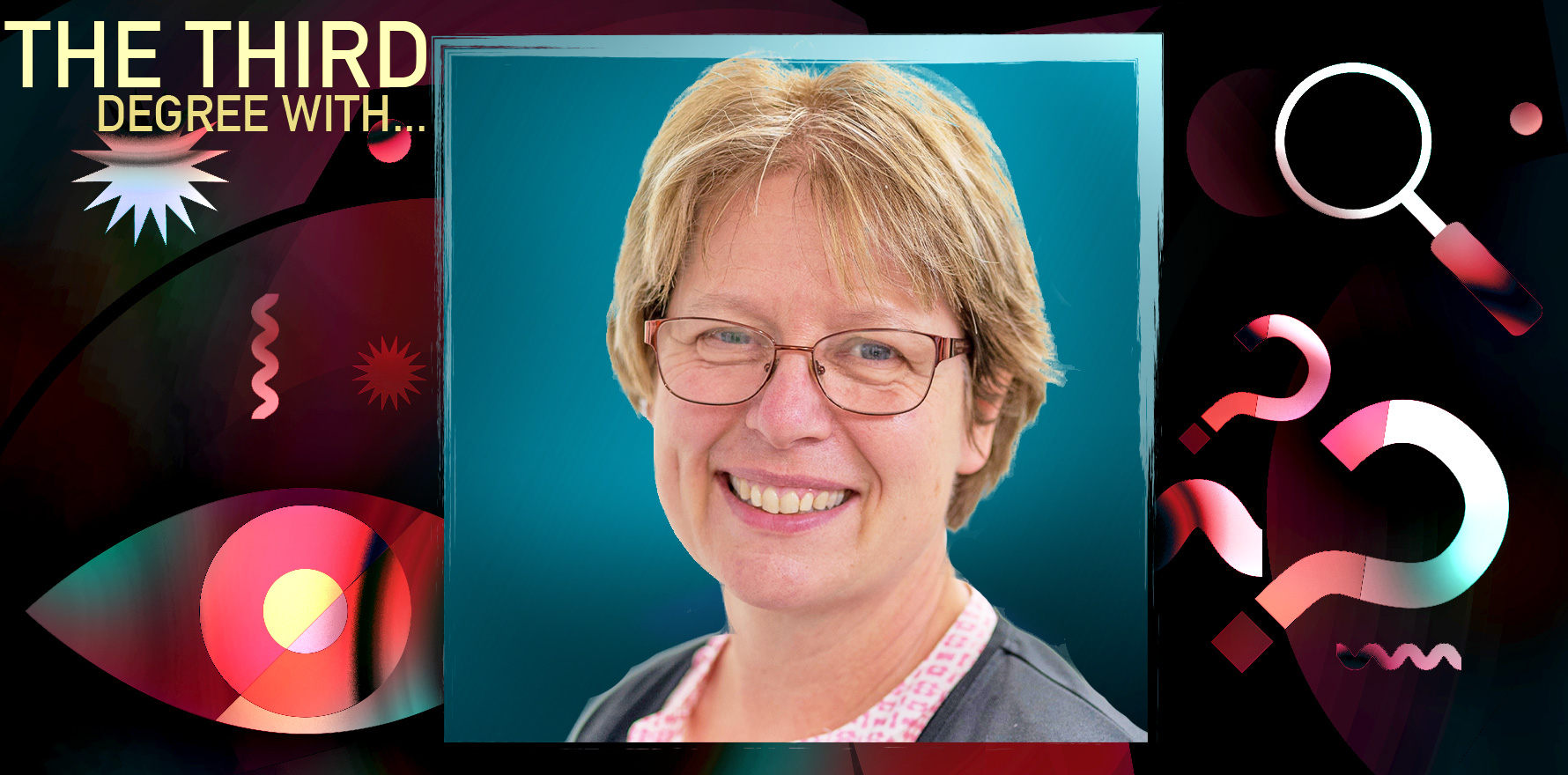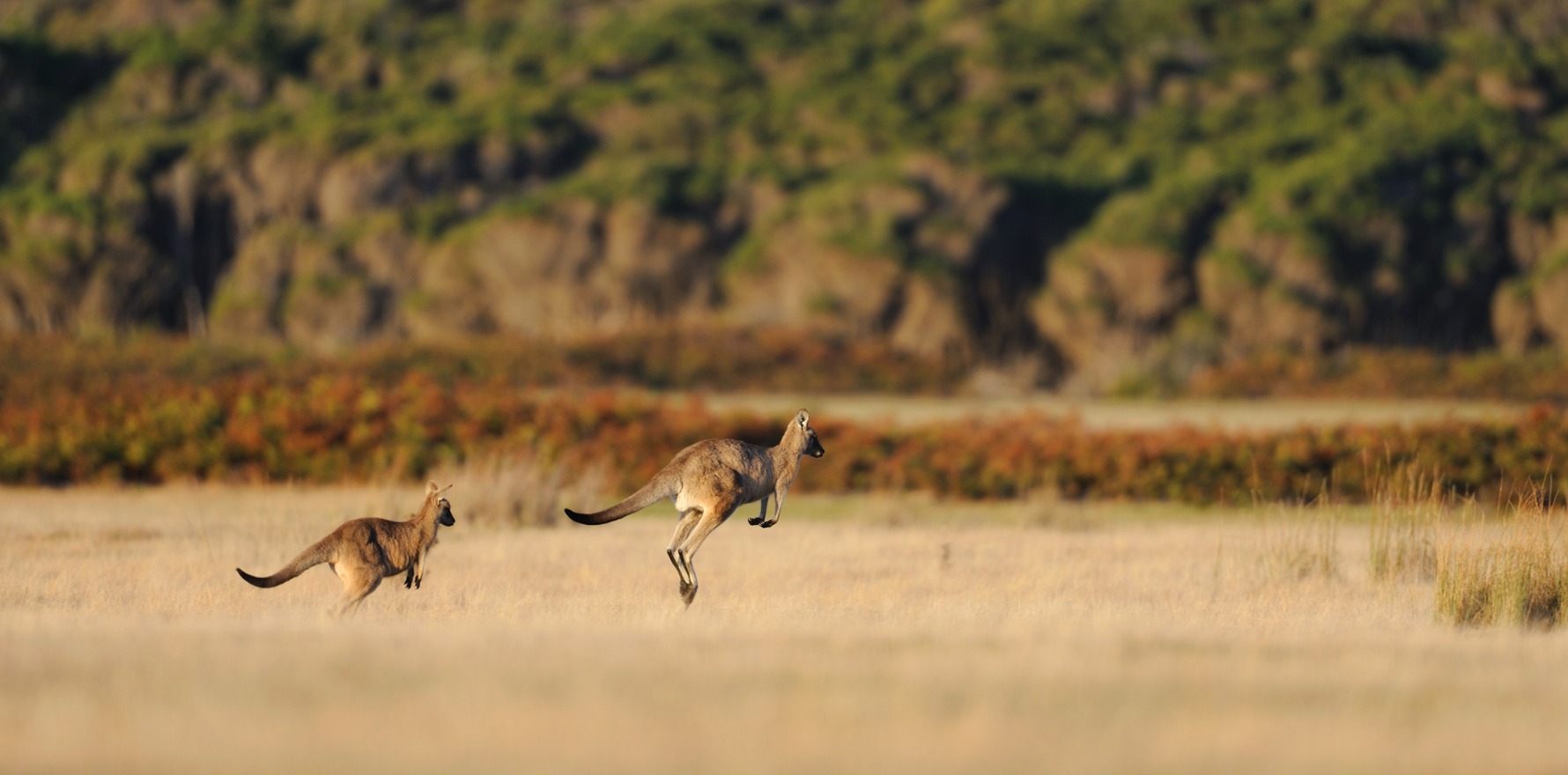New National Rural Health Commissioner Professor Jenny May sat down with The Medical Republic for a chat about the sparks of hope in rural practice.
Professor Jenny May, the newest National Rural Health Commissioner, has quite literally seen it all.
Rural generalism has taken her from Tamworth to Exmouth to Tom Price to rural western Canada and back again.
Her term as commissioner, which began late last year, will likely intersect with rural generalism finally gaining specialty recognition. It also comes amid increasingly dire predictions for the future of general practice.
Professor May spoke to The Medical Republic about her own experience as an international medical graduate in a remote community, her big plans for the commissioner’s office and the Queensland of it all.
TMR: You’ve worked in both regional areas and extremely remote communities. Often, everywhere outside of a metropolitan area gets lumped into the same basket, but I imagine that the difference between delivering healthcare in Tamworth versus Tom Price would be just as stark as Tamworth versus Sydney. What’s your take on that?
Professor May: My way of thinking about it is that there are three, quite different contexts – but of course, we love fluidity, and we can move between them.
No classification is perfect, but there are different combinations of skills, opportunities and models that work in those different areas – and I think it’s understanding that, rather than clumping rural, regional and remote together, that is so important.
I’ve got a little story from [my time researching] workforce in rural, regional and remote.
I was sort of knee deep in all the definitions about how much population you need or what distance or what happens if there’s a mountain in the way or you live on an island and all that sort of stuff.
And so I talked to everybody, and I said, ‘well, how do you know you’re in a remote area?’.
And they said, ‘well the best way to know you’re in a remote area is that you don’t get regular fresh milk, so you need to always have UHT milk in the cupboard’.
I went, ‘okay, so what about rural?’, and the comment was, ‘well, you need to get your fuel before 5:30pm on a Friday afternoon because you cannot rely on the fuel station being open over the weekend’.
So I went, ‘right, that works – now how do you know you’re in … a regional community?’
Well, [I was told] you always know someone to give you a lift home when you’re coming home on the plane.
In a regional community of 20,000 to 50,000, you’re going to know a proportion of people.
You won’t know everybody, but you could probably be pretty sure that you’ll know someone on a 30-seater plane.
That’s a classification I can work with … in terms of delivering health services we need different skills, and our communities have different requirements.
I do resent when they’re all put together.
TMR: Tell me about your time working in Tom Price, an MM7 community in rural Western Australia
Professor May: [My husband and I] were working in Tamworth, in regional NSW and we’d got our FRACGPs and we were working in what would now be called rural generalist practice, doing extended skills.
But we realised that, with three young children, the babysitter was seeing more of the children than we were, because obviously we were working extended hours.
So we made the decision that we would go remote.
And the great thing about remote was that it was a salaried job and there was the opportunity that we could take one job, so that was the big attraction.
We went west and went to Exmouth and had a lovely year with our kids, snorkelling with whale sharks and watching turtles lay eggs and just fabulous physical amenity.
Then we moved 500 kilometres inland to Tom Price, where we became two of the three doctors.
It was a really good arrangement, because although we were only required part-time during the week the after-hours was shared and, in our case, we provided two out of three nights of those after-hours.
But it wasn’t as arduous as to be not doable, and it meant that we had a critical mass with the three of us.
We all did different things and provided the community with different skills.
I’m very positive about remote communities and positive about the connections that you can have, but I’m realistic too.
They’re small, and there are times when you are not anonymous.
There are times when professional and personal boundaries naturally intersect, and it’s not for everyone, and it’s not forever.
We left for good reasons, which were high school education for our kids, and it’s a reason that many people choose to leave remote communities.
In our case, we returned regionally.
But then we decided that we still had a little bit of time up our sleeves, so we applied for a job working in a First Nations community on the west coast of Canada.
We went from plus 40°C in Tom Price to minus 40°C in British Columbia, and that was a very positive and enriching experience for all of us.
Medicine has been a big gift to us, and we’ve used it to travel and we’ve used it to connect and hopefully support communities, but we’ve got lots back.
TMR: So much of Australia’s rural health workforce is made up of international medical graduates. What was it like being one yourself in Canada?
Professor May: I think we sell our international medical graduates short.
They come to Australia as a workforce solution and rather than asking them what skills that they have, we tell them the skills we need.
I do think that there are many, many ways in which we would improve the retention of international medical graduates if we were able to go the extra mile and tailor some of their work to their experiences and to their strengths.
And to that end, I’ve always been very impressed with the remote vocational training scheme and its capacity to listen to the cohort and support them to both pass the exam, but also to develop a community of practice with other isolated international medical graduates and Australian graduates who are part of that program.
Related
TMR: Rural generalism is on its way to official specialty status. How will that change health for rural Australians?
Professor May: It is so exciting that we are here after a long journey.
The most important thing about the recognition of rural generalism … is that it is a world first.
I haven’t investigated every single country, but we’re one of the few countries that has chosen to recognise skills and practice in rural and remote as a specialist area.
The thing about that is it creates a very clear elevation to the profile of working in rural and respects the skill set that many of our rural and remote doctors bring.
There are more steps that we will need to go through before we are able to welcome large numbers of doctors onto the register … and there will also need to be companion pieces of work supporting the industrial framework and the accreditation framework in various jurisdictions.
I do hope that we will be able to look at recognition for our nursing and allied health colleagues over time that befits the disciplines and the requirements that working in rural has for them.
I’m really excited about place-based training.
Around two weeks ago I was in Charleville, and I was fortunate enough to be at the graduation of four Bachelor of Nursing candidates who spent their three-year nursing training in Western Queensland.
Now, Charleville is a town of 3000 people.
If Charleville can do it, then many, many other places in rural and regional Australia can do end-to-end training – in this case, nursing programs.
All four of those nurses have postgrad jobs, two of them in Charleville, one in Cunnamulla and one in Roma.
Look at that retention.
My sense is not that we should have that sort of program instead of our current training programs – I absolutely understand that we need a quantum of health professionals trained – but I don’t think that we can’t do the additional bit of place-based training.
I know that the addition of place-based training will continue to deliver an in-place workforce.
We won’t be able to train enough in house, nor should we, because we need that cross pollination and we want people to have choice – but what a great addendum to the current training.
What we need to do is to make sure that quality clinical placements can occur and that there’s rigorous and appropriate assessment. They’re the components that we need to work on to support small communities, to provide end to end training.
TMR: The surgical college has only just started its first Northern Territory-based program this year, and there’s always been talk about the non-GP shortages outside of metro areas. Are the non-GP specialist colleges doing enough to get consultant doctors out in the bush?
Professor May: I don’t think anybody, including the non-GP specialist colleges, doubts that we need to do more.
In fact, yesterday I assisted with a forum on rural selection for non-GP specialist colleges.
Part of my work is supporting, enabling and facilitating pathways for students and trainees into careers that will go rural.
Clearly, we need specialists who are prepared to go to MM2 and MM3.
We don’t expect specialists to go to MM7 and live in MM7; that clearly doesn’t work.
But there are a number of different models that we do have for non-GP specialists to provide services into rural, regional and remote towns.
I believe that there is an appetite for change, and I think there is an appetite to look at training for community need.
It clearly involves selection, it clearly involves where training occurs, and it clearly involves cultural work within colleges to value that distribution of workforce and value the people that are providing those more generalist skill sets.
TMR: One thing I’ve noticed in speaking with rural doctors – and you did mention Charleville before – is that it always comes back to Queensland.
Professor May: Interesting perspective.
I think there’s a few things about the geography in Queensland that has supported a less metropolitan focus on the delivery of health services.
Because Queensland has so many regional centres, there has been a greater drive to providing services in a decentralised way.
It is without doubt that rural generalism was born in Queensland in 2005, and Queensland’s employment arrangements are a program that the other states certainly look to and take advice from.
I think it’s partly geography and it’s partly far-sighted people, but I acknowledge it.
There is a lot of expertise in rural generalism – and I’m talking about not just medicine, but nursing and allied health – and Queensland has been a national leader in all those areas.
TMR: Queensland was also the first state to introduce broad pharmacist-led prescribing, specifically via the North Queensland trial. Rural communities are often where new policies are piloted or tested out. Is that an advantage or disadvantage?
Professor May: I think it’s both.
We should be able to leverage it to be an advantage.
And when I say that, if we’re trying to meet unmet need, then that means we need additional resources and funding in order to do it, because we’ve got to develop the frameworks to do it safely and differently.
But there is that other side of it – and I must admit when telehealth was being rolled out through covid I thought ‘this is actually an equaliser’.
Previous to that, I felt aggrieved when a virtual emergency service was being rolled out in a rural community when [emergency was only ever] a face-to-face service in a metropolitan community.
There is much more support in a in a metropolitan community, so why not trial it in Balmain in New South Wales?
Why are we trialling it in a community that has no other option?
It’s a double edged sword, but I think we need to take it as an opportunity to reach out and expect quality and safety.
The other thing I would say is, if rural can be the hotbed of innovation, then we should be able to pull workforce.
If something’s rolled out as an innovation, then it should be staffed that way.
It should be so attractive that we pull workforce from metropolitan areas.
TMR: Just to round out, what do you enjoy about rural practice as a whole?
Professor May: I love the connection.
I love connecting with people and with families.
I love the fact that there’s a sense of knowing and being known, and I think that is the essence of continuity of care.
As we think about different models of care in rural and remote, I will try to make sure that that essence of continuity of care remains, because I think it is that trust and rapport that is incredibly important to longitudinally good health outcomes.
I’m not saying that you can’t get it if you’re a regular FIFO, because you can, but it’s about that continuity of experience with patients or in a community.
And I love it, and I’m the reason I’m still doing it is because I find it really professionally satisfying.
This interview has been edited for length and clarity.





